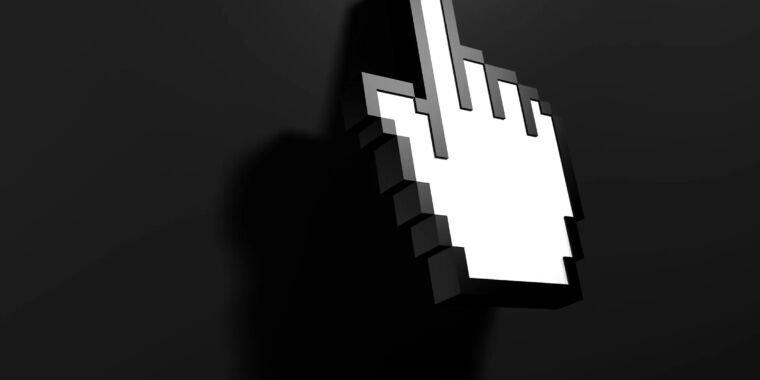It seems like “we’re protecting the CHILDREN!” is supposed to make any kind of bullshit legislation acceptable. It’s the parents’ job to protect the children. It’s the government’s job to maintain order, provide public services, and ensure the security of the country.
If you want to protect children from “legal but harmful” content online, maybe don’t allow your 12-year-old to have a smartphone. How about blocking sites like TikTok and Facebook on the devices that children do have access to. Monitor your children’s online activities. I have said for years that until a child is able to purchase their own tech devices and pay for the service, let them use the family computer.
Governments should hold the parents accountable for raising the children they chose to have, and step in when they choose not to; don’t enact sweeping legislation that harms everyone because the parents refuse to take accountability for their children.
I completely agree that children should simply be using family computers. Kids are much to young to understand proper internet safety.
This issue has been affecting YouTube for a long time. No one seems to know that there’s been a “YouTube Kids” app for years. It has built in age restrictions on content, restricted advertising, comments, parental controls, etc. However, it gets zero attention, and regular YouTube has been neutered to be more child-friendly regardless of the platform that’s actually tailored for children. It would be like Adult Swim forcing their show runners to make their content safe for kids, all the while Teletoon runs kids content all day.
Children shouldn’t be allowed to use smartphones. They didn’t exist when I was a kid so, kids nowadays can do without one too. Smartphones and the government are harmful for health.
Lol, this act is perhaps the least enforceable piece of legislation ever passed. It does nothing to actually make the net safer, like tackling the big networks’ extreism, moderation, or misinformation
They say this protects free speech 😆
‘Yes, it protects our freedom to police your speech. Why do you ask?’ - The British government rn.
“iT’s FoR tHe cHiLdReN!!1”
Parents protect children not the government, they shouldn’t be lying in our faces…
It was never really about protecting kids
This is the best summary I could come up with:
Back then, three prime ministers ago, the bill—or at least the white paper that would form its basis—outlined an approach that recognized that social media platforms were already de facto arbiters of what was acceptable speech on large parts of the Internet, but that this was a responsibility they didn’t necessarily want and weren’t always capable of discharging.
Companies, from Big Tech down to smaller platforms and messaging apps, will need to comply with a long list of new requirements, starting with age verification for their users.
Platforms will have to prevent younger users from seeing age-inappropriate content, such as pornography, cyberbullying, and harassment; release risk assessments on potential dangers to children on their services; and give parents easy pathways to report concerns.
In a statement, UK Technology Secretary Michelle Donelan said: “The Bill protects free speech, empowers adults and will ensure that platforms remove illegal content.
I would like to thank the campaigners, parliamentarians, survivors of abuse and charities that have worked tirelessly, not only to get this Act over the finishing line, but to ensure that it will make the UK the safest place to be online in the world.”
The original white paper that was the bill’s foundation included proposals for compelling platforms to tackle this kind of content—which individually might not be illegal but which en masse creates dangers.
The original article contains 717 words, the summary contains 223 words. Saved 69%. I’m a bot and I’m open source!







